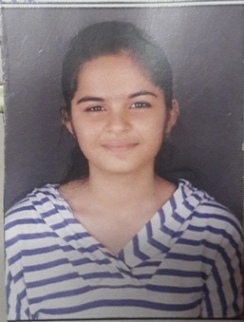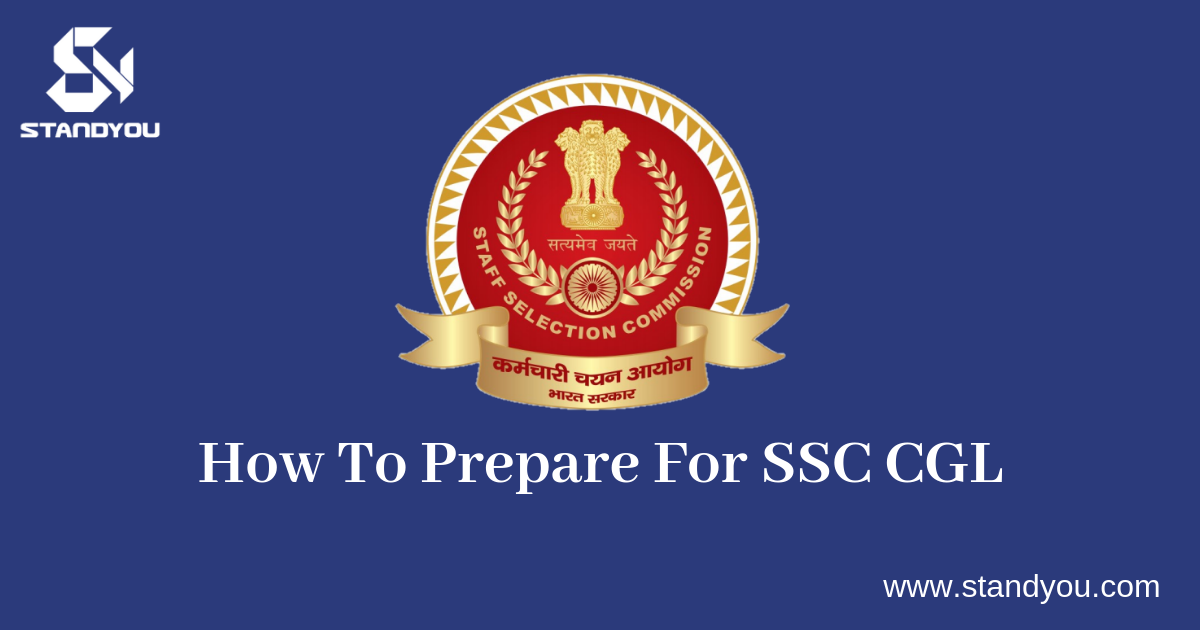SSC CGL is a gateway leads to offices of your dream government job so preparation for it needs to be serious as well. The following article can provid....

May 13, 2019 02:09:01

A government job is that glamorous object that loads of people dream about and try to achieve in their lives. Well one of the ways to get them is through SSC CGL. Staff Selection Commission - Combined Graduate Level Examination, often referred to as SSC CGL is an examination conducted to recruit staff to various posts in ministries, departments and organizations of the Government of India. Staff selection commission is responsible for selecting staff for group B and group C jobs. Check out Best SSC CGL Coaching in Delhi.
The Tier I exam consists of a written objective multiple-choice exam with four sections, covering the subjects of:
The exam was typically scored with maximum of 50 Marks per section for a total of 200 Marks.
The Tier II exam consists of the written objective multiple-choice exam, in four sections (also called "Papers"), covering the subjects of:
The exam was typically scored with a maximum of 200 Marks per section. Most positions required the candidate to take only the first two sections (Paper-I: Quantitative Aptitude, Paper-II: English Language and Comprehension), but certain positions require the third or fourth section.
A pen-and-paper exam (yes it’s offline) in which candidates are to do writing in the form of essay writing and letter writing, and sometimes a summary of a text or speech and application writing. The exam can be done in English or Hindi.
Paper 1 & 2 are compulsory for all the aspirants. Paper 3 is only for all those aspirants who have applied for the post of Statistical Investigator. Paper 4 is conducted only for those candidates who are interested in the post of Assistant Audit Officer (AAO). Well for more specific jobs other exams are also conducted.
If you are planning to appear for this examination then you have your work cut out for you but before that, you need a graduate degree. This exam takes place in four tiers with main sections of quantitative aptitude, reasoning, general awareness, English language and comprehension, finance, accounting and some of the computer knowledge.
Preparation for this exam is like any other exam but the only thing that changes is the effort and time required (which is way more than a normal exam).
Well, quantitative aptitude is a vital section. It can help you jump ranks both up and down. Spend at least around 3-4 hours a day on this section. Buy a well recommended QA book for your preparation. Topics like mensuration and geometry, algebra and trigonometry hold a lot of importance. Best Books for SSC of publishers like R.S Aggarwal, Arun Sharma, Sarvesh K Verma can be used. Everyone can do all maths without time binding but the main challenge is to solve them within time. Solve questions but alongside make sure you develop or learn a few tricks as they are of prime importance. These tricks are the things that will ensure the completion of questions within the given time limit. SSC hack book is definitely recommended.
Next comes the English section. This section is used to check your command over the language but this section can be tricky as it has negative marking. The basic requirement for this section is to be regular, practicing on a daily basis. Try to improve your grammar and vocabulary. You can do so by solving loads and loads of questions and worksheets. There are a few questions of topics like synonyms and antonyms, fill in the blanks, spellings, word substitution, idioms-phrases, phrase replacement, error spotting, para, and sentence jumbles, direct indirect and active passive voice. Solve various exercises of edition, omission, paragraph arrangement, comprehensions, etc and do them in a fixed time. Try to learn new words daily and revise them frequently. Make flash cards for revision. Apps are also pretty helpful for practicing this section. Books by S.P Bakshi and Norman Lewis are recommended.
General Awareness is also a very important section. To get through you must master this subject and for that you need patience. Loads of it. General awareness can be divided into three parts – science, static GK and miscellaneous topics. Science can be divided into physics, chemistry, and biology. For science few topics of 11th and 12th grades are to be studied. In physics topics that need to be covered are gravity, motion, work, pressure, unit of measurement, sound, heat, electronics, and magnetism. In chemistry, you need to study about chemical composition of compounds, alloys, definition based questions, chemistry in everyday life, chemical and physical changes and SI units. In biology topics required are plants and their functions, parts of the human body and their functions, basics for the animal kingdom, diseases and their prevention and cure, nutrients and deficiency diseases. For history, you need to study ancient history, medieval history, and modern history. In ancient history, topics are from 6th grade – Indus valley civilization, Buddhism and Jainism, the Mauryan empire, the post-Mauryan period and the Gupta period. For medieval history go through the textbooks of 7th grade as topics like Delhi Sultanate, religious movements, Mughal dynasty and later period and the Maratha state are important. As for modern history chapters like European penetration and British conquest, major battles, social and cultural awakening in India, the great revolt of 1857, Indian National Congress, Nationalist movement, the struggle for Swaraj and Indian princely states.
As for the section of Accounting and finances for the post of AAO (Assistant Audit Officer). For accountancy and economics refer to NCERT book notes. That actually covers a huge percentage of the portion. After that go through ICAI study material which is easily available online. Make sure to attempt all the MCQs at the end of the chapters.
Mock tests can be easily available on gradeup.com, ixambee.com, toprankers.com, oliveboard.com, etc.
Following a fixed time table, doing regular study exercises and appearing for mock tests on a regular basis can help you do wonders.